
The national living wage will rise by 50p to £12.71 an hour from April 2026, the Treasury has confirmed.
The national minimum wage for 18- to 20-year-olds will rise by 85p to £10.85 an hour. For 16- 17-year-olds and those on apprenticeships, it will increase from £7.55 to £8 an hour.
Retail trade bodies broadly welcomed the NLW increase, which is in line with a central estimate from the Low Pay Commission, while UKHospitality warned of an additional £1.4bn costs for the sector.
“The proposed rise to NLW is in line with the core expectations of the Low Pay Commission, helping retailers plan for the future,” said BRC CEO Helen Dickinson.
“While the higher rise for young people will be a challenge for some employers, over 95% of retailers pay all their workers NLW or higher, regardless of age.”
ACS CEO James Lowman said: “While this announcement represents a significant cost increase for retailers, our sector will welcome the consistency of approach and clarity that allows them to make investment and productivity decisions in 2026.
However, he said the increase “puts even more of a spotlight on decisions made in the budget this week on areas like business rates, which could be the difference between a store turning a profit or making a loss next year”.
UKHospitality said the rise for 18- to 20-year-olds was higher than expected and would “put further pressure on youth employment” while also fuelling inflation.
“Increases to minimum wage rates are yet another cost for hospitality businesses to balance, at a time when they are already being taxed out,” said UKHospitality chair Kate Nicholls.
“Hospitality businesses have reached their limit of absorbing seemingly endless additional costs. They will simply all be passed through to the consumer, ultimately fuelling inflation.
“The sector needs the chancellor to reduce its tax burden through significant business rates reform tomorrow.”
Chancellor Rachel Reeves is expected to announce an increase in business rates for large properties, with a rateable value over £500,000. The additional tax raised is to pay for a business rates discount for smaller retail, hospitality & leisure premises.
The BRC and UKHospitality have called for the Chancellor to exempt their sectors from the higher rate while also implementing the discount for smaller RHL premises.
“We need to see the maximum possible business rates discount for all eligible hospitality properties and no hospitality venue hit by the surcharge,” said Nicholls.
“The higher-than-expected increase to the rates for under-21s are also worrying for hospitality businesses, who had hoped the government would take a more pragmatic approach to achieving its goal of equalising all wage rates.
“When there are almost a million young people not in employment, education or training, this will put further pressure on already fragile youth employment rates. Given the government’s ambition to help young people back into work, this level of increase is concerning.
“Hospitality is a sector that offers opportunities for all, regardless of experience or background, and is uniquely placed to help tackle youth unemployment. This should be embraced and supported, rather than discouraged.”










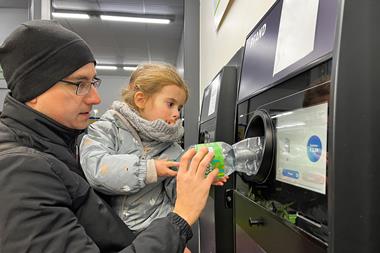
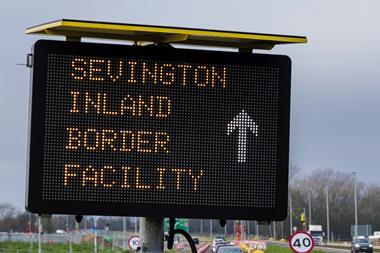

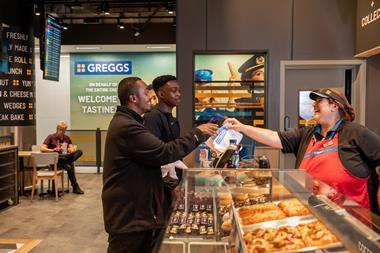


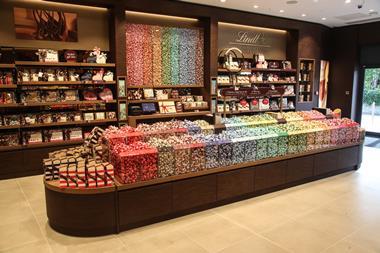

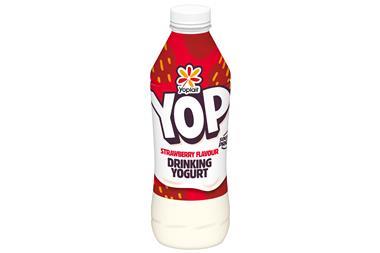
No comments yet